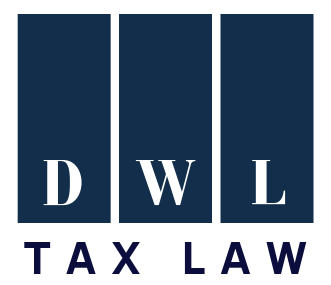Jury Find Wisconsin Dentist Guilty of Tax Evasion

Mississippi Tax Return Preparer Sentenced to Prison for Filing False Tax Returns
February 25, 2020
Colorado Man Sentenced to 83 Months in Prison for Role in $7.2 Million Biodiesel Tax Credit Scheme
March 2, 2020
The United States Department of Justice has issued a press release regarding the conviction of a Wisconsin based dentist for four counts of tax evasion.
Per the press release:
According to evidence presented at trial, Frederick G. Kriemelmeyer, 70, operated a dental practice in La Crosse, Wisconsin. In 2007, Kriemelmeyer was ordered by the U.S. District Court for the Western District of Wisconsin to pay $135,337 to the Internal Revenue Service (IRS) for unpaid income taxes. By 2012, the IRS had assessed Kriemelmeyer for more than $450,000 in taxes, interest, and penalties. Evidence presented at the trial showed Kriemelmeyer took a number of actions to evade paying the taxes he owed, from at least 2013 through 2015, Kriemelmeyer did not file tax returns reporting the income from his dental practice, directed his patients to pay him in cash or by check with blank payee lines, and paid his business and personal expenses with third-party checks and cash.
U.S. District Judge William M. Conley has set sentencing for May 19, 2020. At sentencing, Kriemelmeyer faces a statutory maximum sentence of five years in prison for each count of tax evasion. He also faces a period of supervised release, monetary penalties, and restitution.
Per the Tax Division’s manual, tax evasion is charged under 26 U.S.C. § 7201. The elements for a charge are listed below:
- An affirmative act constituting an attempt to evade or defeat a tax or the payment thereof. Sansone v. United States, 380 U.S. 343, 351 (1965); Spies v. United States, 317 U.S. 492, 497-99 (1943).
- An additional tax due and owing. Boulware v. United States, 552 U.S. 421, 424 (2008); Sansone v. United States, 380 U.S. 343, 351 (1965); Lawn v. United States, 355 U.S. 339, 361 (1958).
- Willfulness. Cheek v. United States, 498 U.S. 192, 193 (1991); United States v. Pomponio, 429 U.S. 10, 12 (1976); United States v. Bishop, 412 U.S. 346, 358-59 (1973); Sansone v. United States, 380 U.S. 343, 351 (1965); Holland v. United States, 348 U.S. 121, 124, 139 (1954).
According to the “Tax Table”, found in USSG 2T4.1, tax losses of $450,000, before considering other relevant factors or characteristics, fall under Offense Level 18 since it is higher than $250,000 but lower than $550,000. Going further, the “Sentencing Table” provides for sentences between 27 and 33 months for an Offense Level of 18.
All persons who are merely charged with crimes are presumed innocent until proven guilty. Furthermore, sentences can vary depending on several factors which vary from person to person. This blog post does not implicitly or explicitly suggest there is basis to the prosecuting agency’s allegations or take any position on the strengths or weaknesses of the government’s positions.
Posted on 02/26/2020 by Benjamin Tu

